By Howard Campbell—
Observer senior writer—

Bob Marley—
The Jamaica Observer continues its ‘Reggae 50’ feature on people, organisations, and events that have made an impact on reggae over the past 50 years.
In 1979, Bob Marley was on a high with sold-out shows and tours, outstanding albums and superstar friends. Yet, something eluded the reggae king — he was yet to conquer the Black American market.
While recording his album, Survival, Marley made moves to reach a demographic that had not tuned into his music. So, he launched his boldest campaign by playing six shows from October 25-28 at the iconic Apollo Theater in Harlem, New York.
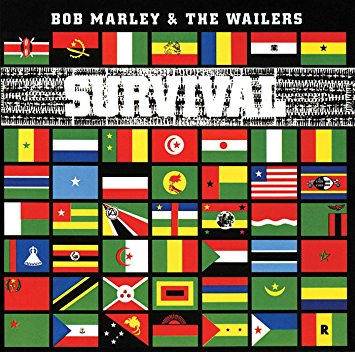
Unlike its predecessor, the easy-listening Kaya, Survival was heavy on the Rastafari message and calls for African unity. Its jacket featured flags of all African nations, including newly independent Zimbabwe.
The Apollo was a hallowed venue that was a centerpiece of the Harlem Renaissance during the 1920’s and 1930’s. Acts like Cab Calloway, Count Basie, Duke Ellington and Fats Waller performed there in its heyday.
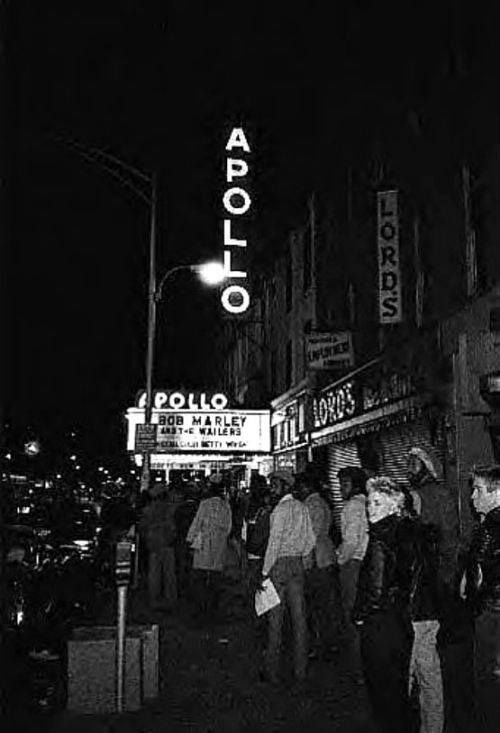
At the time Marley went there, it was owned by Guy Fisher, a notorious gangster from Harlem. Soul singer Betty Wright was opening act for the shows; Dennis Thompson was one of four audio engineers and sound technicians working with Marley.
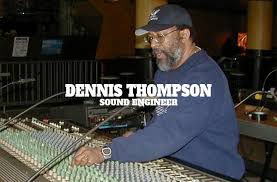
“Bob wanted to reach the African-American people and he liked the idea of an intimate setting, and the Apollo had it,” Thompson recalled in a recent interview with the Jamaica Observer.
“ Survival related to the struggles and oppression of people; Bob once said to me, how great it would be if there could be a United States of Africa, so these concerts were very important to him.”
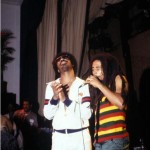
Marley had ties to influential Black American music industry figures. He was once managed by impresario Danny Sims and wrote hit songs for Sims’ partner, singer Johnny Nash; Stevie Wonder was a admirer of his, while early in his reggae career, he opened for Sly and The Family Stone.
To make inroads into the Black American scene, he reached out to Frankie Crocker, then the most influential disc jockey on black radio.
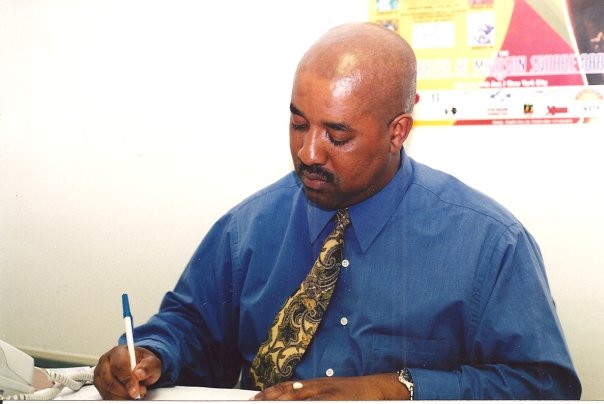
Marley did two shows for each day at the Apollo. According to Clinton Lindsay, a Jamaican student at the New York Institute of Technology, who covered three of the events for Scope, his college newspaper, “The audience was very mixed, African-Americans, West Indians and whites.”
Lindsay added that, “The show on the Saturday night was the best, it was sold out and had the best vibes. The opening show was also sold-out and had lots of major stars attending.”
Among those celebrities were Crocker, Roberta Flack, Paul Simon and television host Gil Noble.
The band’s set list was consistent, with popular songs from previous albums like Positive Vibration, Concrete Jungle, I Shot The Sheriff and Jammin’. Songs Marley did from Survival included Wake Up And Live, Africa Unite and Ambush in The Night.
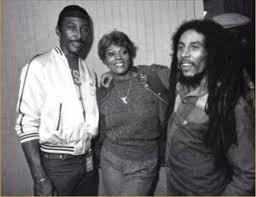
“Each show, although the set list might have been the same, were never alike. Each had its own identity,” said Thompson.
Most of the dates on the Survival tour took place in California. There were also shows in deep-south states of Alabama, Tennessee and Louisiana, as well as Canada, The Bahamas and Gabon, where it closed on January 6, 1980.
Survival was not a big hit with Black Americans, who were still big into disco and soul music. Undaunted, Marley made another attempt to win them over in 1980 with his Uprising album.
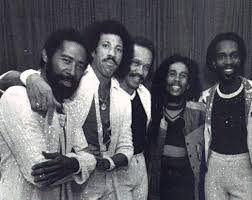
The Uprising tour’s US leg opened in September that year and saw him opening for The Commodores at Madison Square Garden. It was a triumphant performance that augured well for upcoming dates.
After collapsing while jogging in Central Park that month, he was diagnosed with terminal cancer. His show on September 23 at Stanley Theater in Pittsburgh, Pennsylvania, was his last. Bob Marley, who sought treatment for his illness in Germany, died in Miami on May 11 1981 at age 36.
His music finally found favor among Black Americans through acts like Wyclef Jean, Lauryn Hill, Erykah Badu, Nas and Ben Harper.

